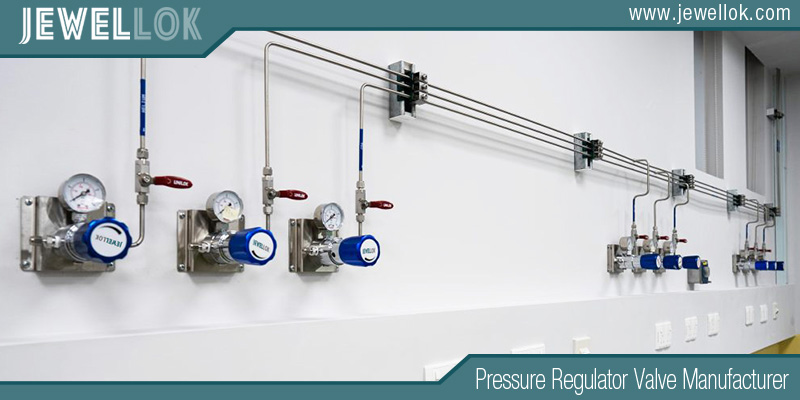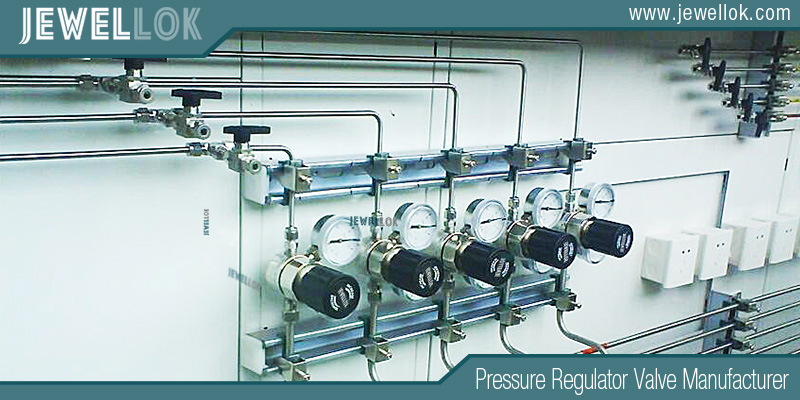Blog
Jewellok is a professional pressure regulator and valve manufacturer and supplier.
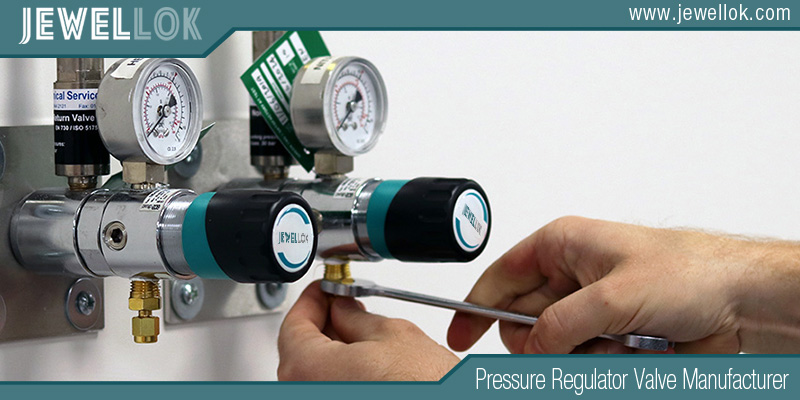
A Comprehensive Guide to Diaphragm Valve Manufacturers: Key Considerations and Industry Applications
- Pressure Regulator Valve Manufacturer
- 1 2 gas regulator, 10000 Psi Needle Valve Manufacturer, 12v electric valve, 2 electric valve, 2 inch irrigation solenoid valve, 2 inch irrigation valve, 8mm compression fitting, adjustable hydraulic flow control valve, adjustable hydraulic pressure relief valve, air compressor non return valve, air pressure regulator valve with gauge, air pressure regulator with relief valve, Argon Gas Flow Gauge Regulator And Valves, automatic switching valve, Ball Valve with Pneumatic Actuator, Best stainless steel diaphragm valve suppliers, bleed valve, BS Standard Pneumatic Diaphragm Valve, China Excess Flow Check Valve Factory, China Excess Flow Check Valve Manufacturers, China Excess Flow Valve manufacturers, diaphragm valve factory, diaphragm valve manufacturer, diaphragm valve manufacturer hotsale, diaphragm valve manufacturer wholesale, diaphragm valve supplier, fluid systems components, gas pipeline valve, gas pipeline valves, high flow co2 regulator, how does a needle valve work, irrigation timer valve, Pneumatic Diaphragm Valve Manufacturer, pressure regulator, safety valve and relief valve, single stage pressure regulator, Stainless Steel Diaphragm Valve Manufacturer, valve timer water
- No Comments
A Comprehensive Guide to Diaphragm Valve Manufacturers: Key Considerations and Industry Applications
Diaphragm valves are essential in fluid and gas control systems across various industries. These valves, known for their precise flow control, feature a flexible diaphragm that regulates media flow through the system. Diaphragm valves are commonly used in pharmaceuticals, food and beverage, water treatment, and chemical processing due to their hygienic design and ability to handle aggressive chemicals and media. Selecting the proper diaphragm valve manufacturer ensures reliable performance and durability. This blog post will explore the role of diaphragm valve manufacturers, the factors to consider when choosing a manufacturer, the types of diaphragm valves available, and the industries that rely on these critical components.
Understanding Diaphragm Valves and Their Functionality
Before diving into the considerations of selecting a diaphragm valve manufacturer, it’s essential to understand what diaphragm valves are and how they work.
- How Diaphragm Valves Work: A diaphragm valve controls the media flow by using a flexible diaphragm between two chambers. When the valve is actuated, the diaphragm presses against the valve body, blocking or allowing the flow of fluids or gases. A manual or automatic actuator controls the valve’s opening and closing, ensuring precise flow regulation.
- Key Components:
- Diaphragm: A flexible membrane that seals the valve, usually made of elastomeric materials like rubber or PTFE (Polytetrafluoroethylene).
- Valve Body: The housing that contains the diaphragm and the flow path.
- Actuator: The mechanism that moves the diaphragm, which can be manual, pneumatic, or electric.
- Seat: A part that ensures a tight seal when the diaphragm is closed, preventing leaks.
Why Diaphragm Valves Are Preferred in Certain Applications
Diaphragm valves offer several advantages, making them ideal for applications requiring tight control, hygiene, and chemical resistance. Here are the key benefits:
- Precise Flow Control: The diaphragm valve offers accurate flow regulation, which is crucial in processes that demand exact amounts of fluid or gas.
- Hygienic Design: Diaphragm valves are easy to clean, making them ideal for sanitary applications in the food, beverage, and pharmaceutical industries. The valve design prevents contaminants from entering the system, ensuring the process remains sterile.
- Leak-Proof Performance: When adequately sealed, diaphragm valves are entirely leak-proof, making them suitable for handling hazardous or aggressive chemicals and media.
- Corrosion Resistance: The diaphragm valve’s construction and materials resist corrosion, making it ideal for industries such as chemicals, water treatment, and wastewater management.
- Simple Design: With fewer moving parts, diaphragm valves are more reliable and require less maintenance than other valve types, such as ball or globe valves.
Factors to Consider When Choosing a Diaphragm Valve Manufacturer
When selecting a diaphragm valve manufacturer, several factors must be considered to ensure that the valves meet the needs of your specific applications. Here are the key factors to keep in mind:
- Experience and Expertise: Choose a manufacturer with a proven track record of producing high-quality diaphragm valves. Experience in your industry or application is a significant advantage, ensuring the manufacturer understands your requirements and challenges.
- Material Selection: Diaphragm valves come in various materials, including plastic, stainless steel, and alloys. The manufacturer should offer valves suitable for the media they will control and the conditions of your application, such as temperature, pressure, and corrosive properties.
- Customization: Not all applications have the exact requirements, so choosing a manufacturer that offers customization options is essential. Whether it’s the valve size, the type of actuator, or specific pressure ratings, the ability to tailor the valve to your needs is crucial.
- Quality Control Standards: Ensure the manufacturer adheres to international quality control and certification standards, such as ISO 9001. Standardized processes ensure that the valves are produced consistently and meet regulatory requirements.
- Lead Time and Delivery: Depending on your project’s timeline, choosing a manufacturer that can meet your delivery deadlines is essential. A reliable supplier with efficient production and shipping schedules is critical to avoiding delays in your operations.
- Cost-Effectiveness: While investing in high-quality valves is essential, cost considerations must be considered. Compare the pricing of different manufacturers and choose one that balances quality and affordability.
Types of Diaphragm Valves
Diaphragm valves come in several variations, each designed for specific applications. The most common types include:
- Manual Diaphragm Valves:
- Use: Manual diaphragm valves are operated by a handwheel or lever that adjusts the diaphragm’s position, controlling the flow of the media.
- Applications: These valves are typically used in low-pressure systems or maintenance operations where manual control is sufficient.
- Pneumatic Diaphragm Valves:
- Use: Pneumatic diaphragm valves are operated by air pressure, which moves the diaphragm and regulates flow.
- Applications: These are common in industrial processes where automation is required, and manual operation is not feasible.
- Electric Diaphragm Valves:
- Use: Electric actuators control the valve’s opening and closing, offering precise and automated control.
- Applications: These valves are often used in applications requiring remote control or integration into automated systems.
- Sanitary Diaphragm Valves:
- Use: These valves are designed for use in industries where cleanliness is a priority, such as the food, beverage, and pharmaceutical industries.
- Applications: These valves are used in sanitary processes where the valve and its components need frequent cleaning and sterilization.
- Globe Diaphragm Valves:
- Use: The globe-shaped body of the valve allows for precise control over the flow, making these valves suitable for applications where fine adjustments are required.
- Applications: These valves are standard in the chemical and pharmaceutical industries, where precision is critical.
Industries That Rely on Diaphragm Valve Manufacturers
Diaphragm valves are used in various industries due to their versatility and ability to provide reliable control over fluid and gas systems. Some of the industries that rely heavily on diaphragm valve manufacturers include:
- Pharmaceutical Industry: Diaphragm valves are essential in the pharmaceutical industry for maintaining sterile conditions and controlling the flow of chemicals, gases, and liquids in drug manufacturing.
- Food and Beverage: Food production requires stringent hygiene standards, and diaphragm valves are ideal for controlling the flow of liquids, slurries, and gases while maintaining cleanliness.
- Water and Wastewater Treatment: Diaphragm valves help regulate the flow of water or waste liquids, ensuring that treatment processes are efficient and safe.
- Chemical Processing: In chemical plants, diaphragm valves control the flow of aggressive chemicals and gases, ensuring that they are handled safely.
- Biotechnology: Diaphragm valves are also used in biotechnology processes, particularly in fermentation systems and other bioreactor processes where precision and sterility are vital.
How Diaphragm Valve Manufacturers Ensure Quality and Reliability
To ensure the quality and reliability of diaphragm valves, manufacturers must follow strict manufacturing and testing processes. Key quality assurance steps include:
- Material Selection and Testing: Manufacturers carefully select materials based on their compatibility with the media they will control and their resistance to corrosion, wear, and temperature extremes.
- Design and Prototyping: Manufacturers use advanced design software and prototype testing to ensure the valve performs optimally before full-scale production.
- Performance Testing: Each diaphragm valve undergoes rigorous testing, including pressure, flow, and leakage tests, to ensure it meets the required specifications.
- Certification: Leading manufacturers ensure their valves are certified to industry standards such as ASME, ISO 9001, and FDA compliance for sanitary applications.
- Maintenance and After-Sales Support: Reliable manufacturers provide ongoing maintenance and support, ensuring their valves operate at peak performance throughout their lifespan.
Conclusion
Diaphragm valves are essential in various industries, requiring precise flow control, safety, and hygiene. Selecting the proper diaphragm valve manufacturer is crucial for ensuring the valves perform efficiently and reliably in your system. By considering factors such as material compatibility, customization options, and industry-specific requirements, you can make an informed decision when choosing a manufacturer. Whether for pharmaceutical, food processing, or chemical applications, diaphragm valves offer versatile fluid and gas control solutions, ensuring that processes run smoothly and meet the highest safety and performance standards.
For more about a comprehensive guide to diaphragm valve manufacturers: key considerations and industry applications, you can pay a visit to Jewellok at https://www.jewellok.com/ for more info.
Recent Posts
Tags
Recommended Products
-
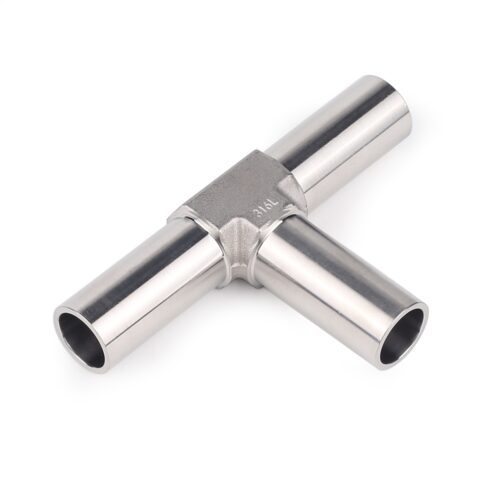
Stainless Steel Ultra Clean Welding Joint Fittings TW Series TRW Series & CW Series
-
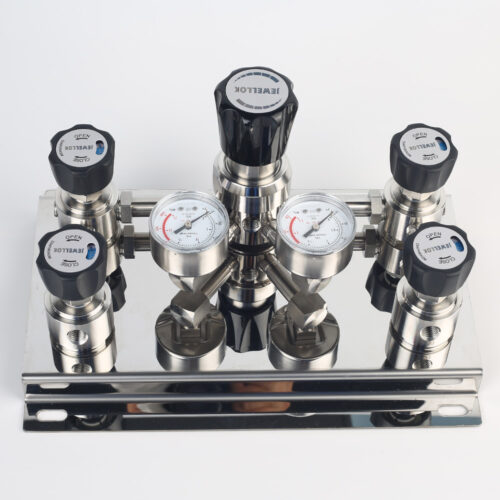
Single Stage Wall And Cabinet Mounting Pressure Control Panels JSP-2E Series For High Purity Gases
-
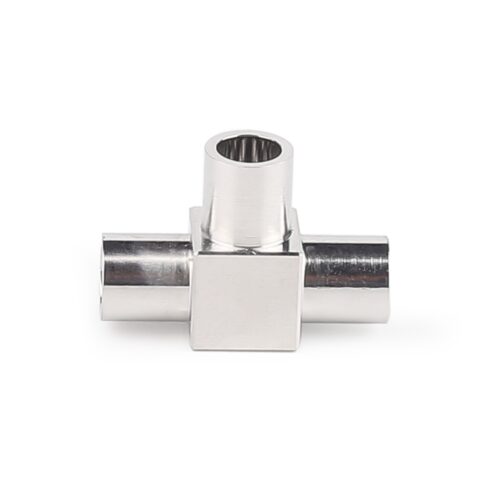
Stainless Steel Ultra High Purity Mini Butt Weld Mini Tee Reducer MTRW Series Fittings
-
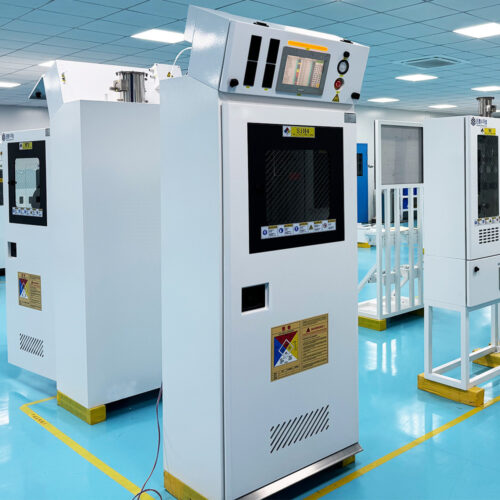
High Purity Bulk Specialty Gas Pressure Control And Filtration Bulk Gas Skid Systems JW-300-BSGS
-
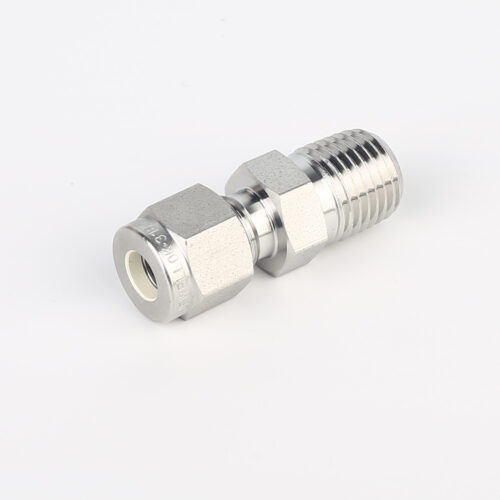
768L Stainless Steel Male Tube Butt Weld Connector | Clean Weld Fittings And Ultra-High Purity Fittings
-
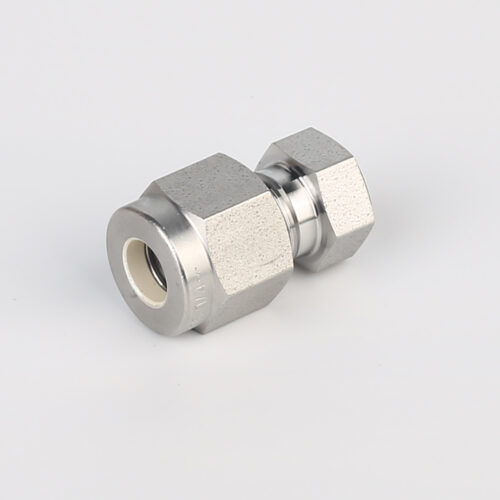
7108L Cylinder Cap Connectors For Ultra High Purity Gases
-
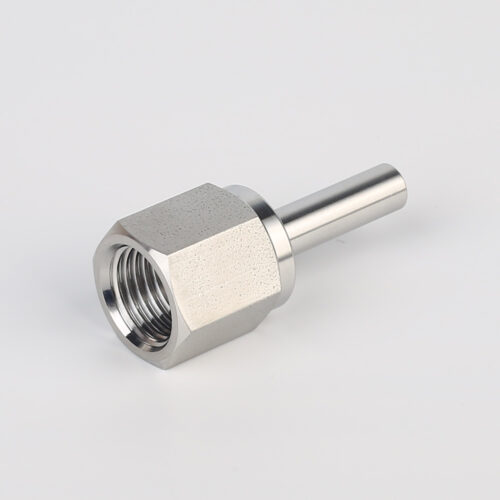
739LF High Purity Female Adapter Tube To Pipe Fittings And Connectors
-
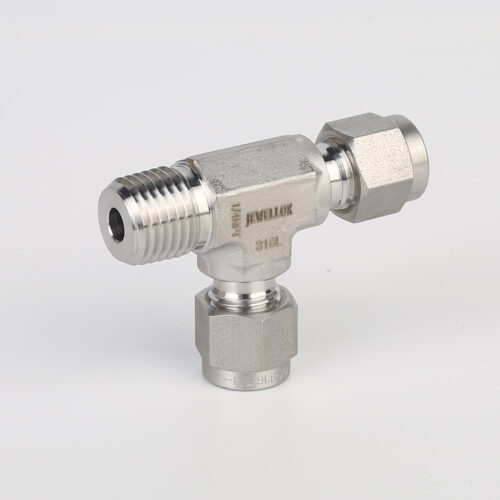
771L Male Run Tee | Stainless Steel High Quality High Purity Male Run Tee Branch Tee Pipe Fittings
